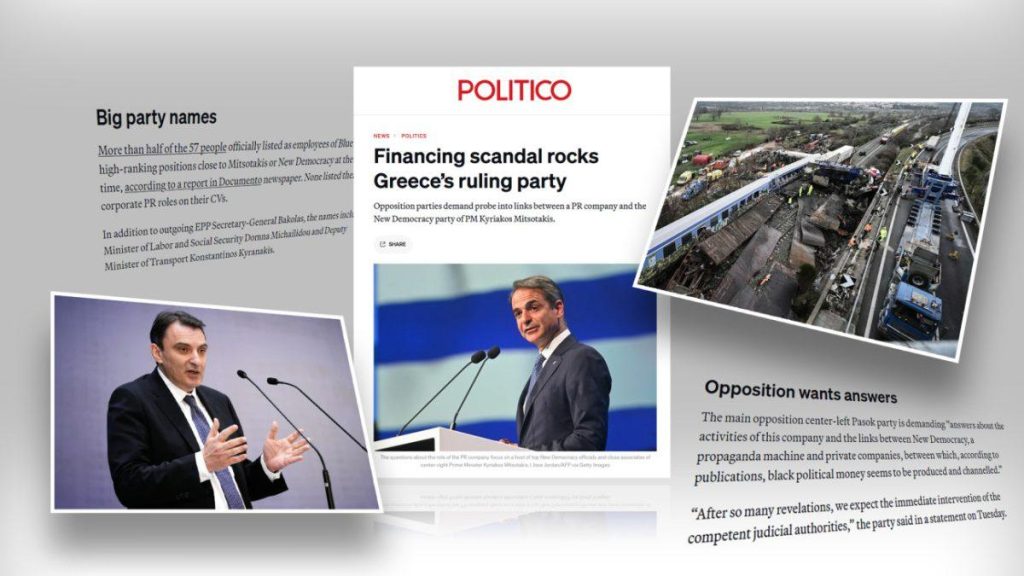We’re not in the home straight yet, but they’re not a dot on the horizon anymore. This June’s European elections will bring to a close the cycle of electoral showdowns that began a year ago, in May 2023.
The polls record dissatisfaction with the New Democracy government, with the main chaffing point being the cost of living (and, perhaps, fatigue), but there are no indications (as yet…) that we’re heading for destabilization or an upset.
No, what they reveal above all are indications of electoral volatility. Which is understandable. This is the first time in many years that the European elections will not be held as a direct precursor to national parliamentary elections, as was the case in 2019, 2014 and 2009.
Which inevitably eases the tension somewhat. Though, in Greece, tension rarely needs a reason to manifest itself; it’s generally the norm.
Which does not, of course, mean that the European elections are a joke. In a democracy, the electorate speaks through every election.
Even when no national issue is at stake. The same government and the same majority will continue to govern, though they will likely concede that certain “messages” have been taken on board.
Faced with the threat of shedding hard-core support, however, the government’s goal as it enters the election period is obvious: preventing a traumatic outcome that would leave it with still deeper wounds.
In essence, it will seek to maintain the image of power conjured up by previous election results.
The opposition’s ambitions are less clear-cut. The “mutation” of SYRIZA is probably ahead in the battle for second place, but that will be the extent of its ambitions.
Although it is precisely this “mutation” that has provided an interesting back-drop to the pre-election debates. The government will have the party in its sights, if only out of a sense of political obligation.
Surprisingly, it was SYRIZA’s former leader, Alexandros Tsipras, newly returned to the fray, who made the most realistic statement when he said “Mitsotakis is running alone” (Delphi Forum, 11/4).
One can only assume he added “and he’s in danger of coming in second” out of simple courtesy to his successor at the helm of SYRIZA.
On the other hand, power in politics is always primarily about appearances. If Mitsotakis gives the impression that he has made a misstep, it won’t be easy for him to prove he hasn’t.
At least he’ll have the chance, come what may, to get started properly on his second term, which he has approached gingerly at best thus far. And we can expect it to begin with a major reshuffle the day after the European elections.
European elections may not bring governments down, but they can change them more than one might think.



